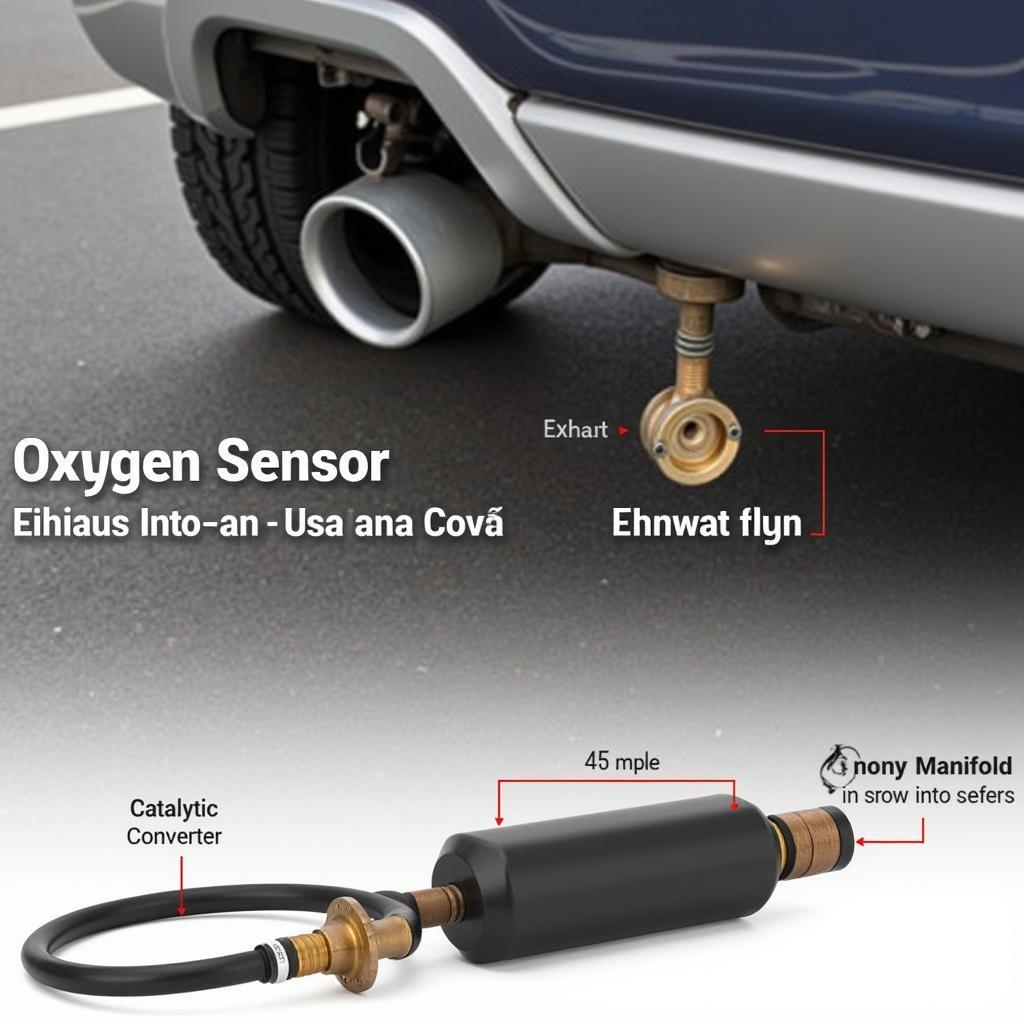Heavy maintenance is a critical aspect of car ownership. It involves the repair or replacement of major components, often requiring specialized tools and expertise. While routine maintenance ensures the smooth operation of a car, heavy maintenance is essential for addressing issues that could lead to significant damage or even accidents. This article will delve into the importance of heavy maintenance and explore how highways play a crucial role in keeping cars in top condition.
Why is Heavy Maintenance Necessary?
Heavy maintenance tasks are not simply about keeping your car in top shape; they’re about ensuring its longevity and safety. Here’s why:
- Preventive Measures: Heavy maintenance helps address potential issues before they escalate into serious problems. By inspecting and replacing parts when needed, you can avoid costly repairs down the line.
- Enhanced Performance: Regularly scheduled heavy maintenance ensures your car runs at optimal performance, leading to better fuel efficiency, smoother operation, and a more enjoyable driving experience.
- Safety: Wear and tear on critical components like brakes, suspension, and steering can compromise your car’s safety. Heavy maintenance ensures these parts are in good working order, reducing the risk of accidents.
The Role of Highways in Heavy Maintenance
Highways play a significant role in the need for heavy maintenance, exposing cars to unique challenges:
- Extended High-Speed Driving: Long stretches of highway driving at high speeds put significant strain on car components. Heat, friction, and vibrations contribute to faster wear and tear.
- Frequent Braking and Acceleration: While cruising on highways, drivers may need to brake frequently for exits or traffic. This repeated braking and acceleration puts stress on brakes, tires, and suspension.
- Harsh Road Conditions: Highways often have rough pavement or uneven surfaces, leading to increased wear and tear on tires, suspension, and steering components.
Common Heavy Maintenance Tasks Related to Highways
Here are some common heavy maintenance tasks that are especially important for cars that spend a lot of time on highways:
- Tire Rotation and Balancing: This ensures even wear on tires, reducing the risk of premature failure, especially when driving at high speeds.
- Brake Inspections and Maintenance: Highway driving requires frequent braking, making it essential to check brake pads, rotors, and fluid levels regularly.
- Suspension System Checks: The suspension system absorbs shocks and vibrations from the road, making it crucial to inspect for worn or damaged components.
- Alignment: Proper alignment helps ensure that the tires are evenly distributed on the road, preventing premature wear and reducing tire pressure.
- Fluid Changes: Regular oil changes, coolant flushes, and transmission fluid replacements help keep your car running smoothly and prevent overheating.
Expert Insights on Highway-Related Maintenance
“Heavy maintenance is essential for cars that are frequently driven on highways. The constant stress and harsh conditions can lead to premature wear and tear on key components. Regular checks and timely replacements can help keep your car running smoothly and safely,” advises [Name of Expert – Technical Director at Autotippro].
“Even if you don’t drive on highways often, it’s still important to have these maintenance tasks performed as part of your regular car care routine. It’s better to be proactive than to deal with costly repairs later,” adds [Name of Expert – Master Mechanic at Autotippro].
Conclusion
Heavy maintenance is crucial for the longevity and safety of your car, especially when driving on highways. By understanding the challenges highways present and prioritizing regular maintenance, you can ensure a reliable and safe driving experience.
Don’t hesitate to reach out to Autotippro for any questions or assistance with your car’s heavy maintenance needs. Our team of experts is ready to help keep your vehicle in peak condition, ensuring a smooth and worry-free journey on the open road.
Contact AutoTipPro today:
- Phone: +1 (641) 206-8880
- Address: 500 N St Mary’s St, San Antonio, TX 78205, United States
FAQ
- How often should I perform heavy maintenance on my car? It depends on your car’s make, model, and driving habits. Consult your owner’s manual for recommended intervals or talk to your mechanic.
- Can I do heavy maintenance myself? Some tasks are simple, but others require specialized tools and expertise. It’s best to consult a qualified mechanic for complex repairs.
- What are the signs that I need heavy maintenance? Unusual noises, vibrations, fluid leaks, and decreased performance are common indicators.
- How much does heavy maintenance cost? Costs vary depending on the tasks involved and the specific components needing replacement.
- Is heavy maintenance worth it? Absolutely! It’s a long-term investment that pays off in the form of a safer, more reliable, and longer-lasting vehicle.






Leave a Reply